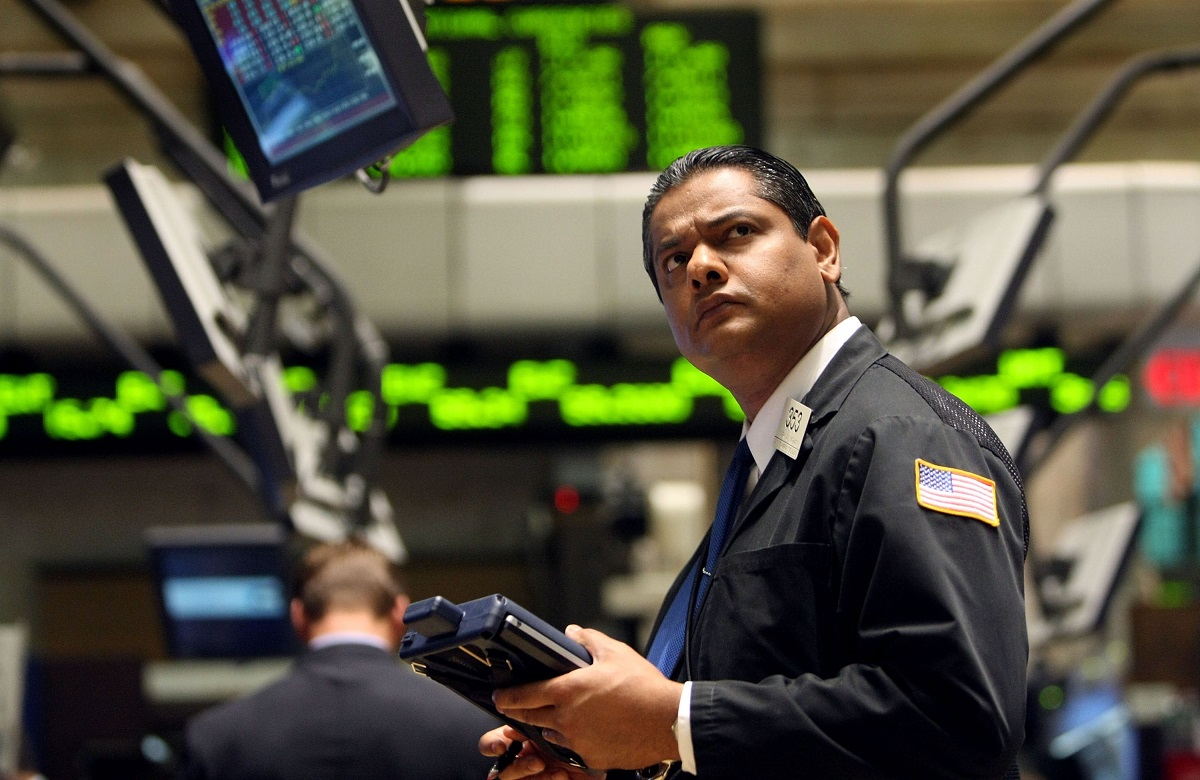
Image source: PayPal.
After having an ambivalent relationship over the past several years, PayPal (PYPL 0.30%) and Visa (V +3.73%) have recently signed a new strategic agreement for increased mutual collaboration. The full financial details of the partnership have not been disclosed, but it looks as if it will mean smaller profit margins for PayPal in the near term. For this reason, investors in the digital-payments platform reacted negativity to the news, selling the stock after the deal was announced. On the other hand, this initial reaction is arguably too short-sighted.
PayPal and Visa shake hands
Visa customers can choose between linking a PayPal account directly to their bank account or to their Visa credit card. PayPal has traditionally encouraged customers to user their bank accounts rather than Visa cards, so it can avoid paying Visa's credit card fees.
With the new agreement, PayPal will no longer push customers in that direction. PayPal will make it easier for customers to choose to pay with their Visa cards, ensuring a more seamless experience. Visa cards will be presented as an payment option during enrollment and subsequent payments, making it easy for consumers to set Visa as their preferred payment method. In addition, PayPal will share more data with Visa about payment transactions through Visa cards.
While the complete financial details haven't been disclosed, it seems as if PayPal will collect smaller fees per transaction in the future, as more customers will link their PayPal accounts to Visa credit cards to take advantage of cash back and other benefits.
The main benefit for PayPal is that it will have access to Visa's tokenization services, making it easier for PayPal to be accepted as a payment option at any retail location that accepts contactless payments for Visa cardholders. This should provide PayPal with massive opportunities for increased scale and customer recognition in the coming years.
In addition, Visa is committed to keeping fees for PayPal stable, making margins on transactions more predictable going forward. The card company will also be paying undisclosed "economic incentives" for increased volume payments in PayPal through Visa cards.
Investors in PayPal are cashing out
PayPal announced earnings results for the second quarter of 2016 and the new agreement with Visa on July 21. Sales and earnings during the past quarter came in ahead of expectations, and PayPal even raised revenue guidance for the full year of 2016. Nevertheless, PayPal stock still declined 6.8% the day after the announcement.
Investor negativity about the deal was clearly the main driver behind this sharp decline. While there isn't enough information to estimate the full financial impact of the agreement at this stage, the general consensus seems to be that Visa got better financial terms.
PayPal and Visa are stronger together
The network effect is a major success factor in the payments industry. Customers want to use a payment method that's accepted in as many places as possible, while merchants need to accept the cards and digital platforms that can bring in lots of customers. This means customers and merchants attract each other to the leading players in the industry, and a bigger platform provides a more valuable service to both buyers and sellers. With this in mind, PayPal and Visa are both stronger if they're playing on the same side.
PayPal is facing growing competitive pressure from all kinds of players in the industry, including tech juggernaut Apple (AAPL +3.44%). According to Apple CEO Tim Cook, during the company's most recent earnings conference call, "tens of millions of users around the world" are currently using Apple Pay, and monthly users grew by a staggering 450% year over year in June. Cook also said that nearly three out of four contactless payments in the U.S. are currently made with Apple Pay.
PayPal estimates that its market opportunity is worth around $100 trillion when considering both the digital commerce and digital money markets over the long term. This means the company has enormous room for growth going forward, and capturing a big share of that market opportunity is far more important than profit margins from Visa customers.
The best growth companies are not simply the ones that are delivering rapid revenue growth in the present, but those that are willing to take risks and make commitments to drive sustained expansion over the years. Even if the deal with Visa will hurt margins over the coming quarters, management is leading PayPal in the right direction by focusing on the big picture.








